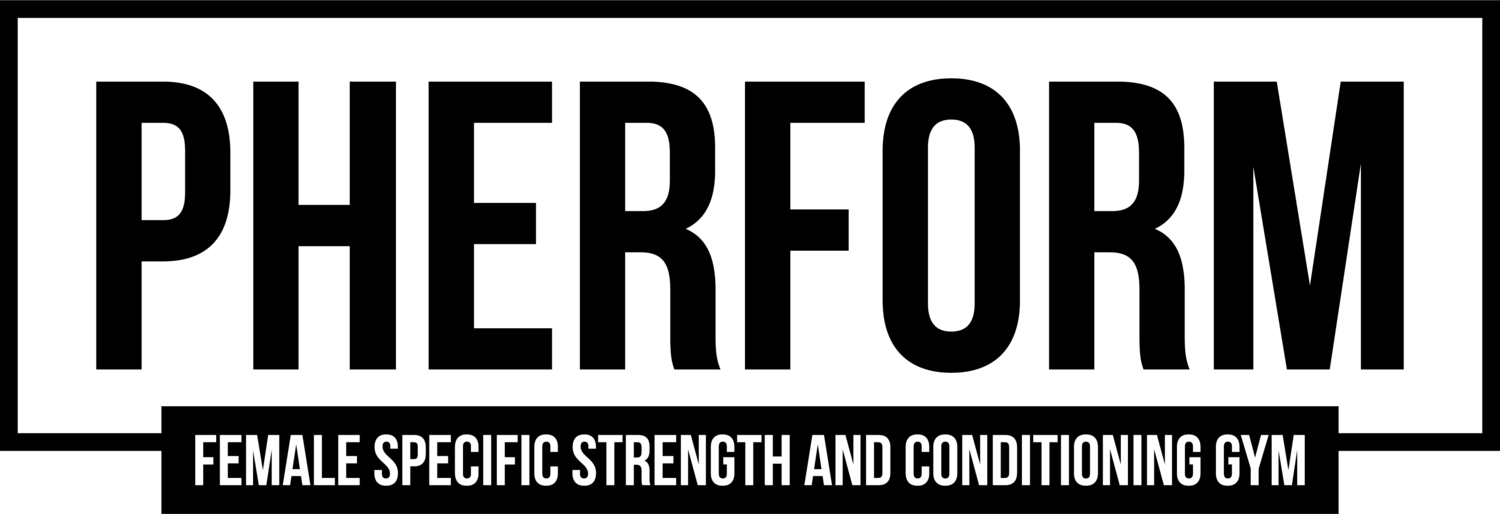APPROACHING NUTRITION AND AESTHETIC CHANGES
Nutrition plays an important role in not only aesthetics but also your fitness success. You’ve all heard the saying “you can’t out train bad eating habits”. You can spend hours in the gym (if you have time for that) and eat anything and everything and not see the results you hoped for.
Food is nutrition for the body aka fuel. It’s primary responsibility is to fuel energy to the body for it to operate properly. Think of operating a car: a car has an engine that needs fuel in order to run. Most cars have a gas engine, which requires gas/petrol versus diesel. While both are generated from crude oil they operate completely different engines. You could spend hours and hours shining the coat, cleaning the inside, and making it look great, but the moment you put diesel in the tank the engine can/will become inoperable. It does not matter how much time you spend on the outside; if the inside is fuelled improperly the engine won’t work.
Alright no more car analogies!
Oftentimes we hear from members their stories regarding dieting. Many of us have turned to a quick diet in order to lose excess body fat, and in a month’s time back to an old habits. This is mainly due to being uneducated on the importance of food and not understanding how to choose better options.
Dieting can have a negative connotation to it, but we believe in thinking of it as a way of nutrition structure. When we discuss nutrition our narrative is typically around establishing a WHY for the change wanted. Our short term goal is to set up a NEW relationship with food and establish knowledge in our eating habits. Then our long term is to sustain those habits because we have the education and knowledge to make executive decisions on our own.
There are three goals when it comes to changing nutrition habits our members want: maintenance, body fat loss, and muscle gain. More often than not body fat loss is the priority in most. Regardless of which one you desire education is as important as the change.
1st priority will always be to assess the current training consistency and how to adapt daily training. This can be done via our FST programming.
2nd priority will be to establish the goal (as listed above) and current energy expenditure. This is important because if you are looking for body fat loss a deficit in energy is necessary.
3rd priority will be to establish how to structure food such as macros, preparation, etc. Cost is also something to consider when deciding on the structure. Anything you can do on your own will always be cheaper, but keep in mind your bandwidth.
We suggest 4 options in structuring your food:
1) Cook and measure your own food. This is ideal and feasible if you have the time, like to cook or have someone to cook for you. This involves a bit more planning and organization but will be the most specific. Nutrition Coaches we suggest:
RP Diet- You can either pay for the RP Diet app (macros are provided but you create your own meal plans) or pay for the Nutrition Coach (they will create your meal plans and provide accountability)
James Smith Academy- This will provide you macro count and meal plans.
My Fitness Pal- This will calculate macros but you create your own meal plans
Pherform- Work with one of our qualified Coaches to establish meal plan, structure, and accountability. Reach out and we can connect you.
2) Find a meal delivery company that preps and delivers the food for you. This is ideal for someone who doesn’t like to cook, doesn’t have time to cook and is looking for convenience. HK Companies we suggest:
Fittery HK- Fittery. is a local meal delivery service company that delivers meals to your door early morning. They are nutrition convenient, macro based meals delivered to your food, we recommend FITTERY’s Healthy Zen Meal Plan. This meal plan is designed to promote a healthy lifestyle by providing meals that are balanced in protein, carbohydrates, and fats. Use PHERFORM250 to receive $250 off your first meal
3) Combination of 1 and 2. This provides the most flexibility for those who like to cook but may not have all the time for every meal.
When calculating your macro nutrition there are several factors to consider:
Current weight
Goal (body fat loss, maintenance, muscle gain)
Age
Activity level
Body type
Lifestyle
Stress, recovery, sleep
4) Join our Nutrition Program and receive individualised programs, food meals, weekly check ins, education and most importantly accountability. Read more info here.
The beauty and caveat of nutrition is that it is ever evolving and there is no “one size fits all”. As our life changes so do our habits. Experiment to find what works for you, but always remember nutrition is fuel and should be treated as such.
